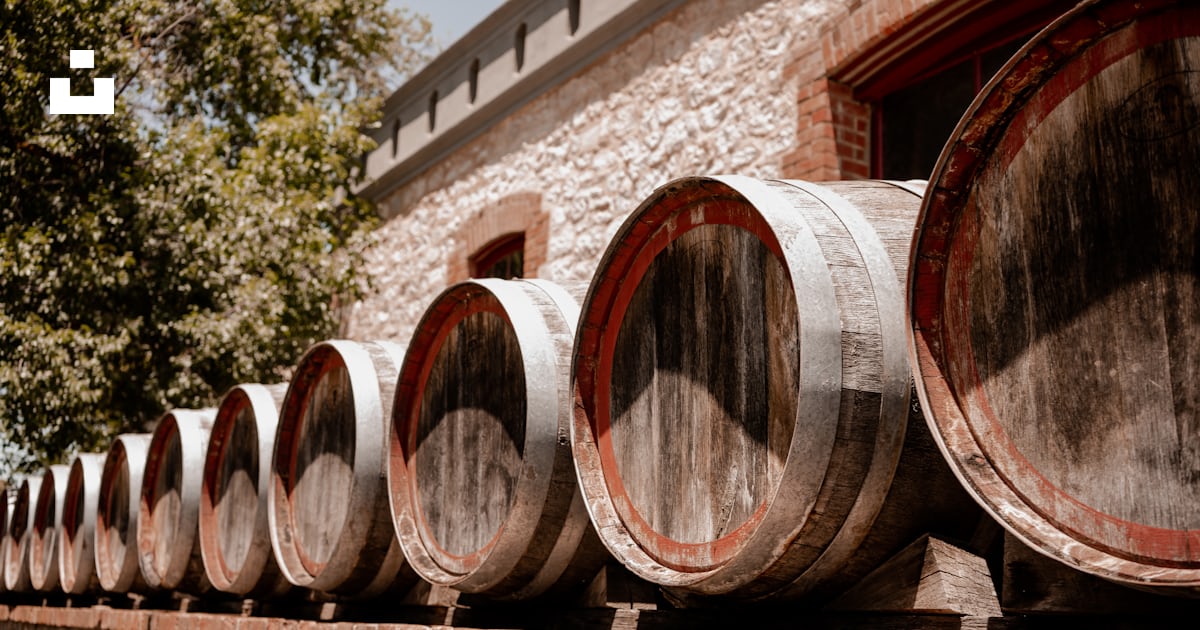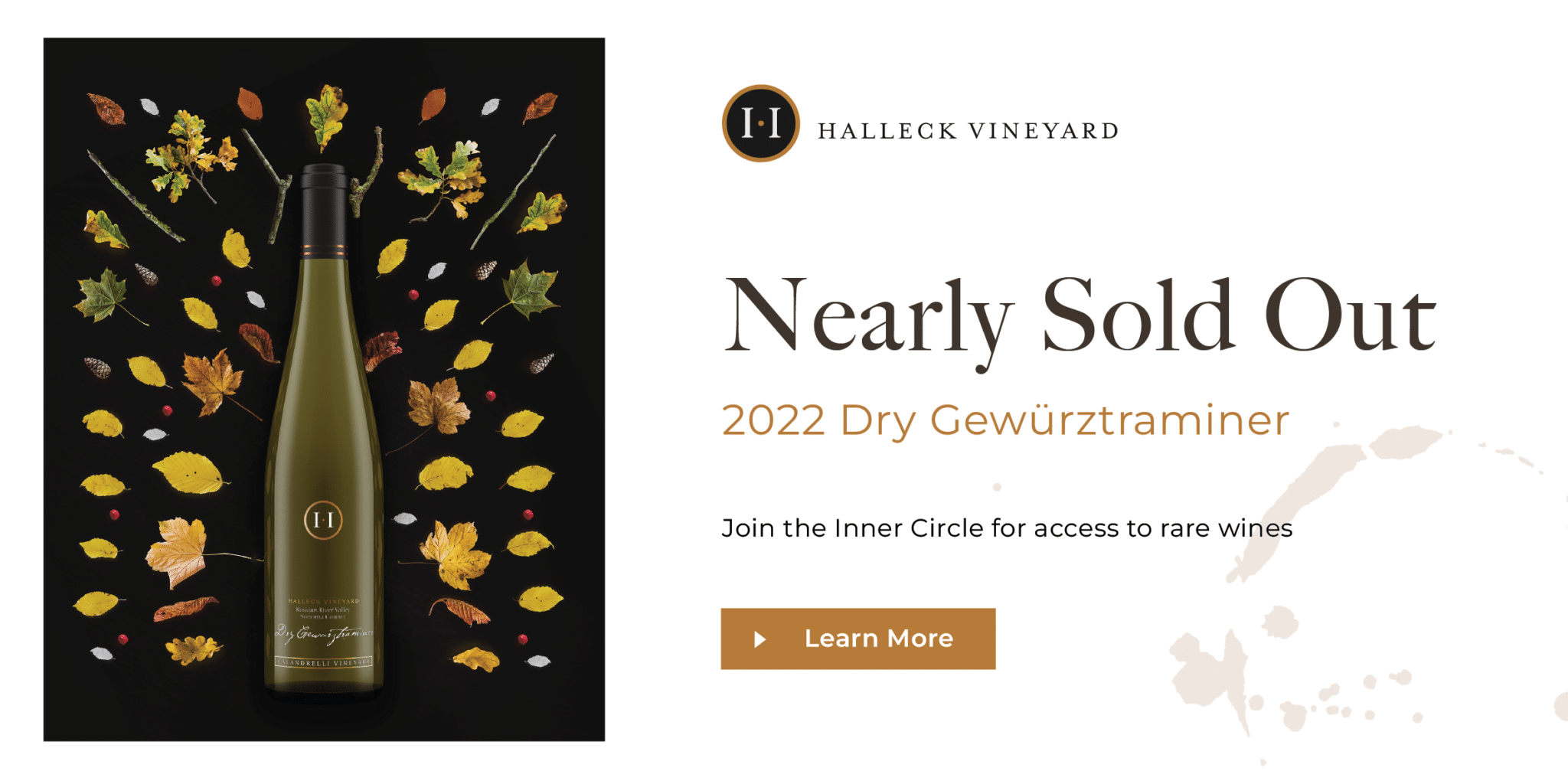Enthusiasts Should Not Miss These Iconic Wineries in Sebastopol
Developing a refined palate by way of winery wine tasting is an enriching journey that allows both novices and enthusiasts to explore the intricate world of wine. It fosters a higher appreciation for the subtleties and complexities found in varied wine varietals. Tasting wine in a winery provides an immersive experience, serving to individuals to discern flavors and aromas that they might not discover in a extra informal setting.

The winery surroundings provides the right backdrop to have interaction the senses. Natural surroundings add a unique layer, helping taster concentrate on the wine and its nuances. From lush vineyards to atmospheric cellars, the ambiance enhances the overall experience, encouraging a deeper connection to the wine being sampled. This connection is crucial in developing a refined palate.
Collaborating in guided wine tastings at wineries typically focuses on particular wines. Each session often introduces a blend of schooling and sensory exploration. Wine consultants narrate the story behind each wine, outlining its origin, grape selection, and unique characteristics. This knowledge cultivates a broader understanding of what one is drinking, heightening appreciation.
Top Wine Tasting Locations You Must Visit 95468

Throughout a tasting, taking the time to correctly assess wine is crucial. Wine enthusiasts learn to observe its color, swirl the glass, and identify aromas before taking that all-important sip. This three-step approach is significant in training the palate. The colour alone can reveal much concerning the wine's age and selection; the swirling releases aromas, resulting in a more informed tasting experience.
The scents encountered during wine tasting may be remarkably diversified. Identifying notes of fruit, spices, or even earthy tones is part of refining one's palate. With practice, tasters study to recognize these aromas not only by their growth in personal knowledge but in addition by developing a vocabulary to articulate their observations. This newfound language transforms the tasting experience into an gratifying intellectual pursuit.
The taste of the wine itself usually reveals a complex profile (Explore the Best Wineries in Sonoma County for Vineyard Tours). Tasting ought to contain several components: sweetness, acidity, tannins, and alcohol content material. Understanding these factors permits tasters to understand the wine's balance and structure. Is it fruity or earthy? Does it have a lingering end or a crisp, refreshing end? Every characteristic contributes to the overall experience, and growing the ability to identify these traits is important to cultivating a refined palate.
Exploring Outdoor Vineyard Experiences in California

In addition, wine tastings often function food pairings. Exploring how different meals influence the notion of wine is both fascinating and academic. Some wines may improve a dish, while others might conflict, leading to a dissonant experience. Developing an understanding of those interactions contributes to a more subtle appreciation for both wine and gastronomy.
Frequent visits to wineries provide alternatives to style regional wines, which is indispensable for refining one’s palate. Each wine-growing region has distinct traits that mirror its terroir. The soil, climate, and geography all converge to supply wines which might be expressive of their origins. Tasting wines from various areas can help people to discern these differences and recognize the diversity of flavors current in the wine world.
Attending wine festivals or particular tastings can also speed up the palate growth process. These events typically showcase a extensive selection of wines from completely different producers, giving participants the possibility to sample and examine. Plan the Perfect Wine my latest blog post Tasting Itinerary in Sonoma. Being uncovered to varied terroirs and winemaking styles broadens culinary horizons, inspiring a higher appreciation for the craft.
Dos and Don'ts of Wine Tasting for Newbies 95433
As time goes on, past experiences in wine tasting begin to tell future selections. This confidence in a single's palate allows individuals to make more discerning choices when buying wine, whether or not in a restaurant or at a local shop. The ability to assess the quality and traits of wine enhances not solely personal enjoyment but additionally creates alternatives for participating discussions with friends and fellow enthusiasts.
One of the pleasures of developing a refined palate lies in sharing the journey with others. Wine tasting is usually a communal activity, encouraging social interaction and sparking conversation. Group tastings enhance the overall experience by allowing individuals to share impressions and insights, leading to deeper understanding. A variety of perspectives can illuminate nuances that an individual might have missed during a solo tasting.

In conclusion, developing a refined palate by way of winery wine tasting is a multifaceted process that encompasses sensory exploration, training, and social engagement. Immersive Wine Experiences: What to Expect at Sonoma Wineries. Whether it’s the act of swirling a glass, identifying aromas, or savoring intricate flavors, every part performs a vital role in enhancing appreciation for wine.
Regular exposure to totally different wines, areas, and sensory experiences fosters a deeper connection to the craft of winemaking. The journey of tasting wine can turn into an journey crammed with wealthy experiences and shared reminiscences, culminating in a extra subtle and refined palate that enhances not solely personal enjoyment but additionally enriches the connections solid with others through the celebration of wine.
Wine Tasting in Sebastopol : Tips and Tricks
The world of wine is vibrant and full of stories ready to be explored, making each tasting a chance to be taught, connect, and revel in.
- Engaging in winery wine tastings exposes individuals to a various range of grape varieties and terroirs, enhancing their wine vocabulary and appreciation.
- Tasting classes often involve expert-led discussions that dive into the nuances of aroma, flavor, and mouthfeel, serving to guests turn into more discerning shoppers.
- Members learn to determine key flavor parts, such as fruit, acidity, tannins, and oak influence, allowing for a deeper understanding of private preferences.
- Experiencing wines alongside expertly paired meals can heighten sensory perceptions, demonstrating how complementary flavors improve the overall tasting experience.
- A refined palate is cultivated via repeated tastings and publicity, permitting individuals to recognize refined differences between comparable wines.
- Many winery tastings embody unique instructional parts, corresponding to vineyard tours or production course of insights, fostering a larger connection to the wine-making journey.
- Developing a refined palate encourages exploration beyond widespread decisions, inspiring connoisseurs to enterprise into lesser-known wine areas and varietals.
- Social interactions during tastings permit for shared experiences and discussions, facilitating a broader understanding of wine tradition and preferences.
- Participating with sommeliers or winemakers provides valuable insights into the art of wine-making, which may remodel one’s perspective on flavors and quality.
- Regular participation in wine-tasting events helps to diminish the intimidation factor typically related to wine choice, empowering enthusiasts to make knowledgeable selections.undefinedWhat is meant by a refined palate in wine tasting?undefinedA refined palate refers to the ability to discern and respect the delicate flavors, aromas, and textures of various wines. This skill develops over time by way of experience and publicity to a wide range of wines, allowing individuals to identify distinctions and complexities in each bottle.
Plan the Perfect Wine Tour in The Russian River Area 95433
How can winery wine tasting help enhance my palate?undefinedWinery wine tastings provide opportunities More Bonuses to sample various wines in a guided setting. Skilled sommeliers or winemakers can teach you how to evaluate style, aroma, and mouthfeel, thereby enhancing your capacity to determine different wine traits and leading to a more developed palate.
What ought to I look for when tasting wine at a winery?undefinedWhen tasting wine, give attention to the wine’s appearance, aroma, taste, and finish. Observe the colour and clarity, sniff for scents that may embrace fruits, spices, or oak, style for flavor complexity and stability, and contemplate how long the flavors linger after swallowing—this all contributes to your total experience and helps refine your palate.
Do I need prior knowledge of wine to take part in a winery tasting?undefinedNo prior knowledge is important to enjoy a winery tasting. Whereas some familiarity can enhance the experience, many wineries cater to novices by providing informative periods that cowl fundamental wine tasting techniques and terminology, permitting anybody to engage and be taught.
Guide to Vineyard Experiences in Sonoma County
How many wines ought to I taste during a winery visit?undefinedTypically, tasting 4 to six wines is a good range for a single go to. This amount permits you to savor every wine without overwhelming your senses, allowing for deeper appreciation and the chance to note delicate variations among the many choice.
Is it okay to take notes during a wine tasting?undefinedYes, taking notes throughout a wine tasting is inspired. Jotting down your impressions might help you remember particular wines and their characteristics, in the end aiding in the development of your palate as you refine your preferences over time.
Tasting Classes Available at Sonoma Wineries for Aspiring Enthusiasts 95405
What sorts of food pairings ought to I consider during a tasting?undefinedMany wineries supply food pairings with their tastings to boost the experience. Light snacks like cheese, crackers, or fruits are frequent, as they can enhance the wine’s flavors. Exploring these pairings can also help you understand how food influences the taste of wine and vice versa.
How typically should I attend wine tastings to refine my palate?undefinedRegular participation, similar to month-to-month tastings, can considerably assist in palate growth. Constant publicity to various styles and varietals helps solidify your tasting vocabulary and enhances your capacity to distinguish between completely different wines.
Am I Able To develop my palate at home with out attending a winery?undefinedSure, you'll have the ability to develop your palate at home by sampling totally different wines and training tasting techniques. Setting up a structured tasting surroundings with numerous wines can mimic the experience of a winery and, together with reading about wine, can deepen your understanding over time.